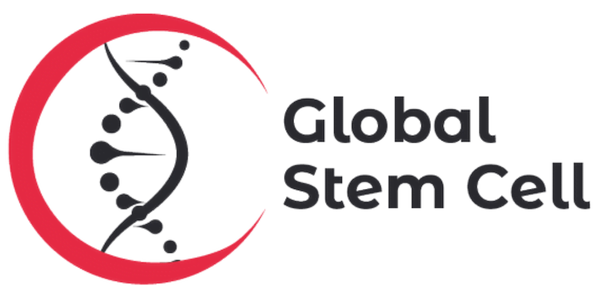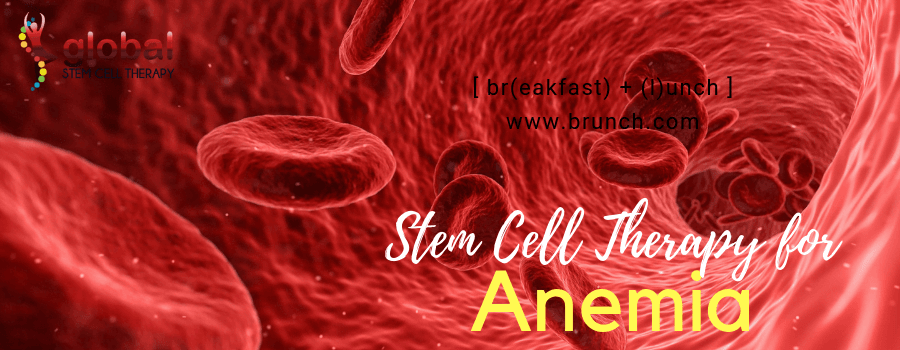
Stem Cell Therapy for Cardiomyopathy
Cardiomyopathy is a type of heart disease that affects the heart muscle and its ability to pump blood effectively. This can lead to a variety of symptoms, including shortness of breath, fatigue, and even heart failure. In recent years, stem cell therapy has emerged as a promising treatment option for cardiomyopathy. In this blog post, we will explore the effects of stem cell therapy on this condition and the current state of research in this field.
How stem cell therapy works?
Stem cell therapy is based on the principle of using stem cells to replace damaged or diseased cells in the body. Stem cells are unique in that they have the ability to differentiate into various types of cells, including heart muscle cells. When stem cells are introduced into the body, they can migrate to the site of injury or damage and differentiate into new heart muscle cells, helping to repair and regenerate the damaged tissue.
Effects of stem cell therapy on cardiomyopathy
Studies have shown that stem cell therapy can have a number of beneficial effects on patients with cardiomyopathy. These include improved heart function, reduced symptoms, and a decrease in the risk of heart failure. In some cases, stem cell therapy has even been shown to reverse the progression of the disease.
One of the key mechanisms behind the positive effects of stem cell therapy is the ability of stem cells to improve blood flow and oxygenation to the heart. By increasing the supply of oxygen and nutrients, stem cells help to strengthen and repair the heart muscle, reducing the risk of further damage and improving heart function.
Another important mechanism is the ability of stem cells to reduce inflammation in the heart. Inflammation is a key factor in the progression of cardiomyopathy, and by reducing inflammation, stem cell therapy can help to slow down the progression of the disease.
Current State of Research
Despite the promising results seen in early studies, more research is needed to fully understand the effects of stem cell therapy on cardiomyopathy and to determine the best methods for delivering stem cells to the heart. While some studies have shown positive results, others have not, and it is still unclear which types of stem cells are the most effective for treating this condition.
Stem cell therapy is a promising treatment option for cardiomyopathy, with the potential to improve heart function, reduce symptoms, and even reverse the progression of the disease. While more research is needed to fully understand the effects of stem cell therapy, the results seen so far are encouraging, and it is likely that this field will continue to grow in the coming years.
For more details about Stem cell therapy for corneal regeneration and stem cell clinics, Contact us today:






